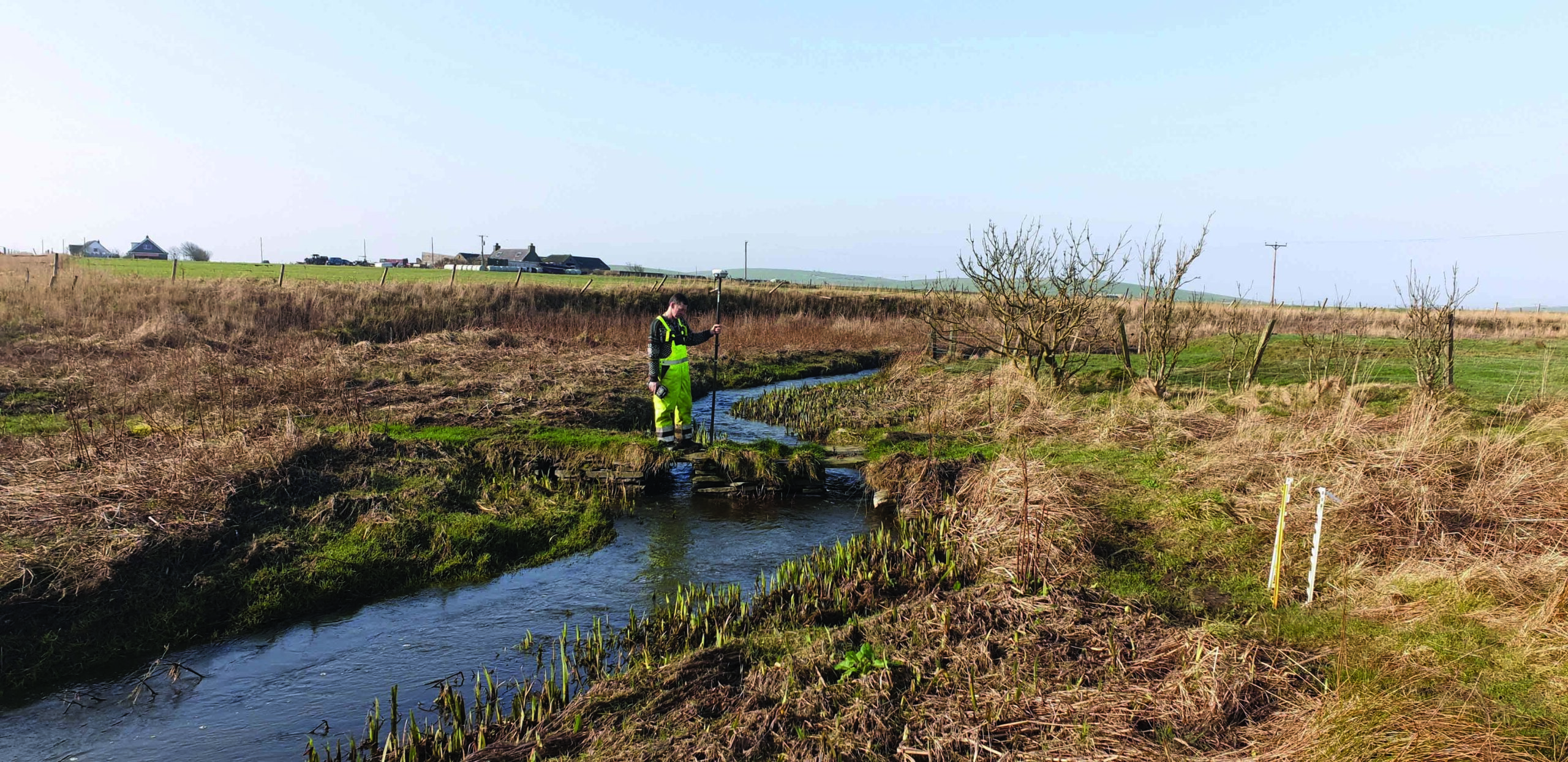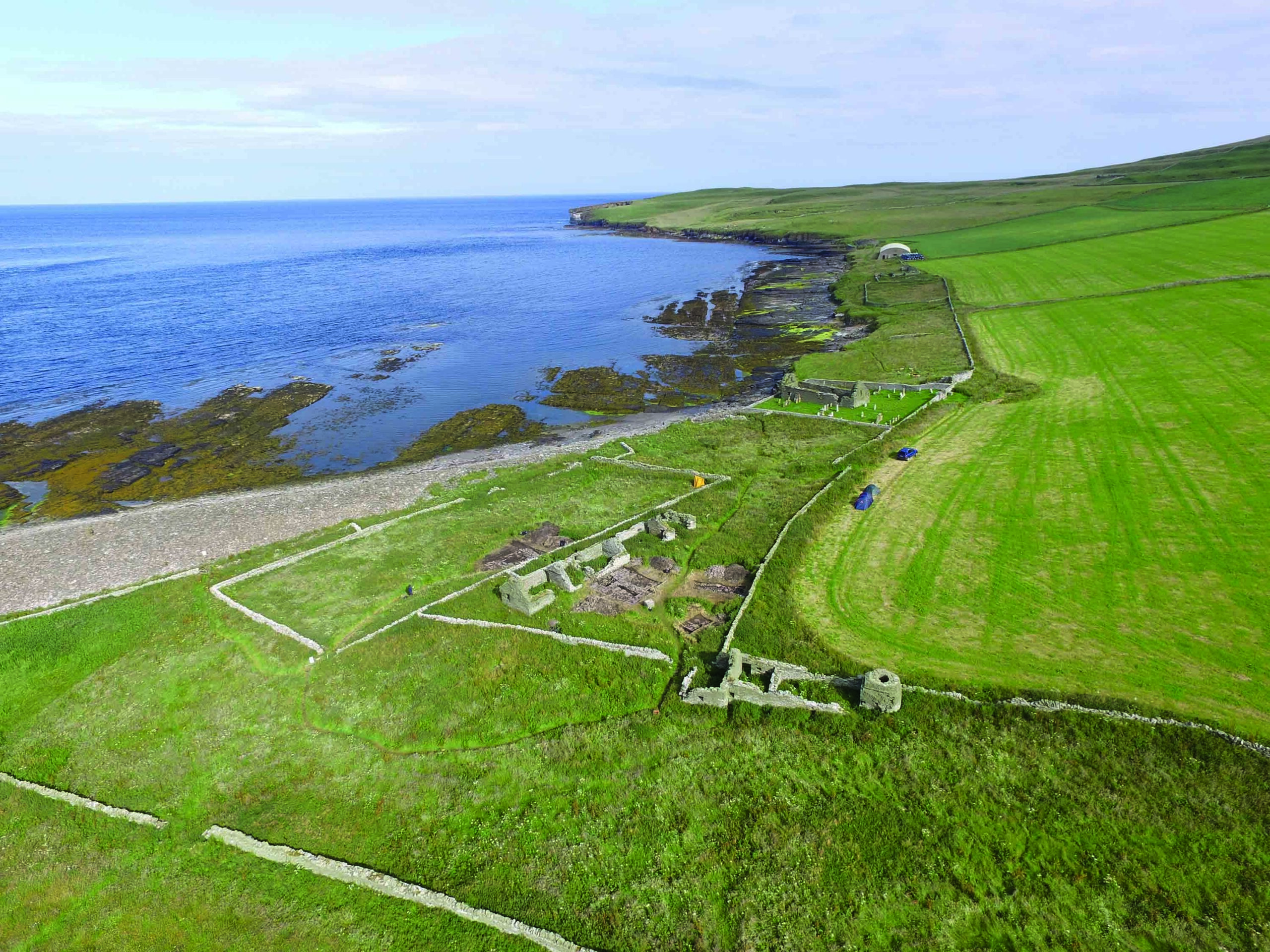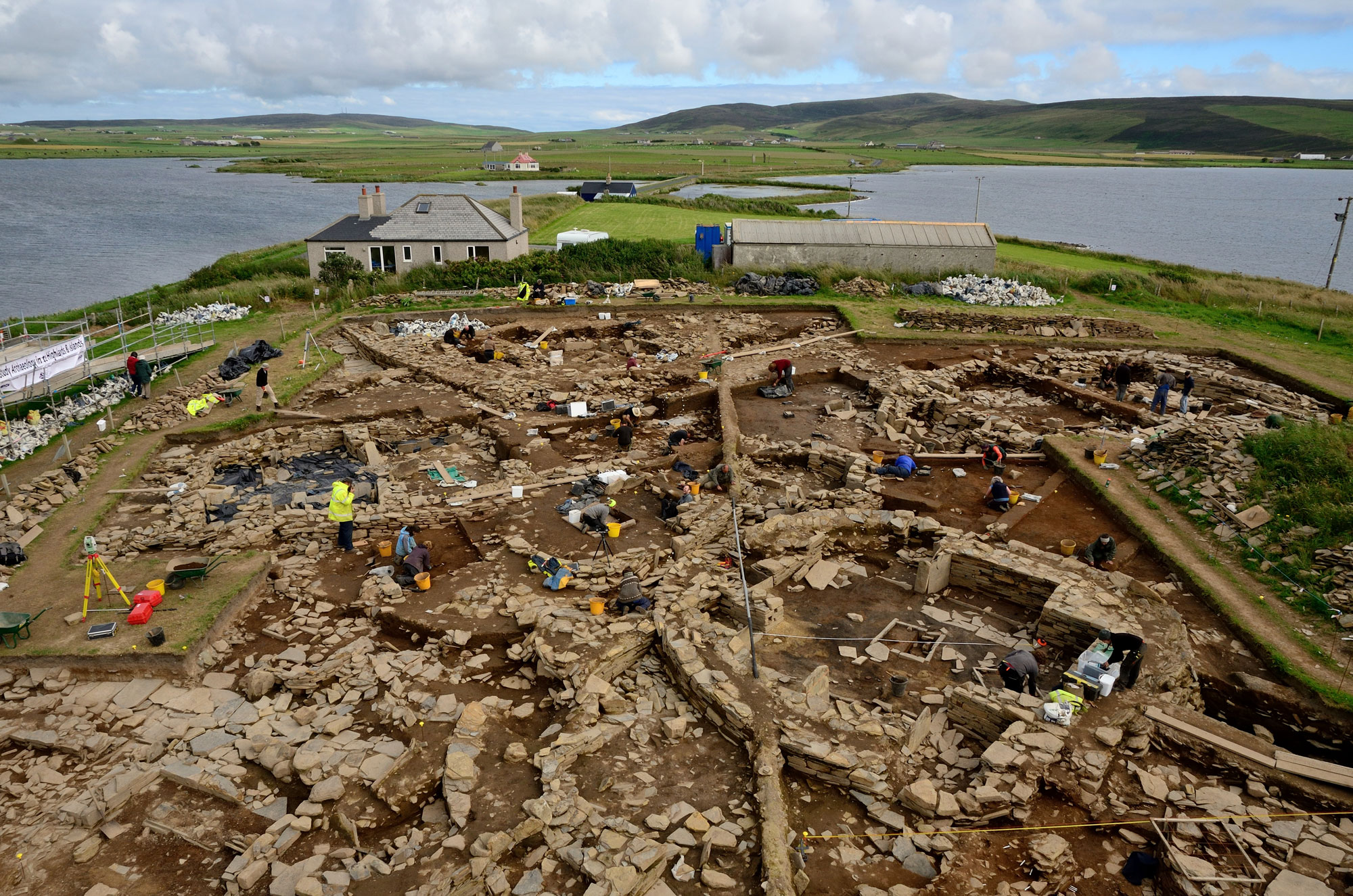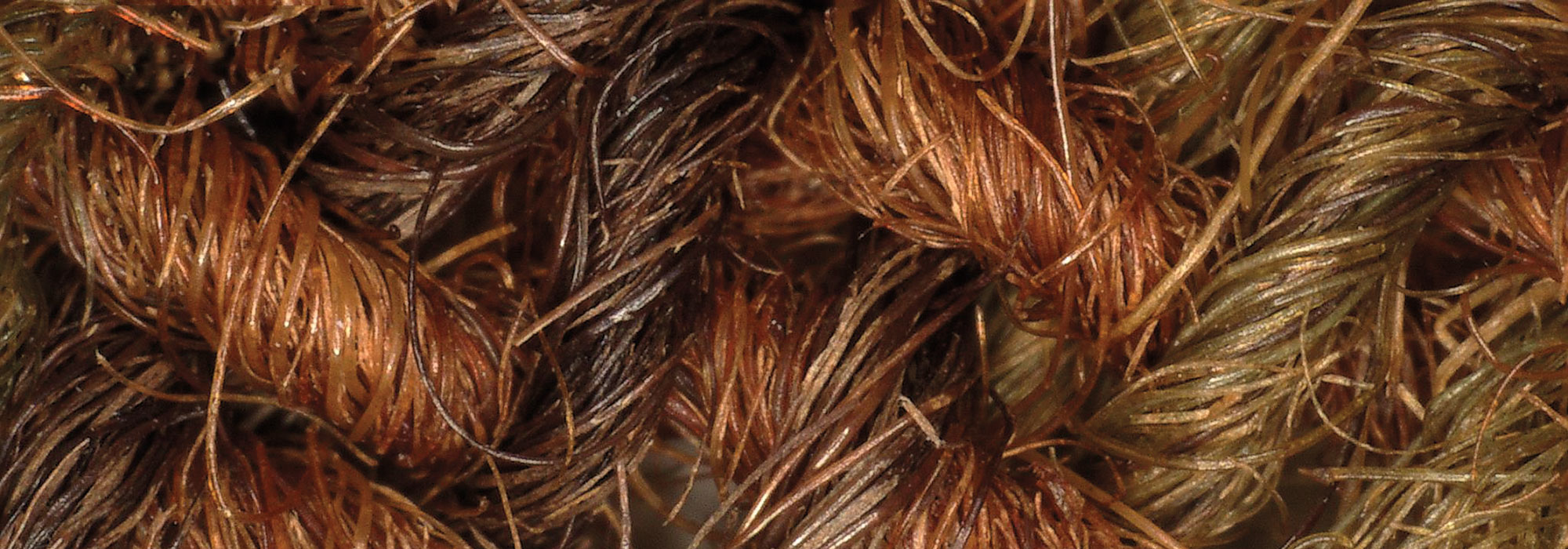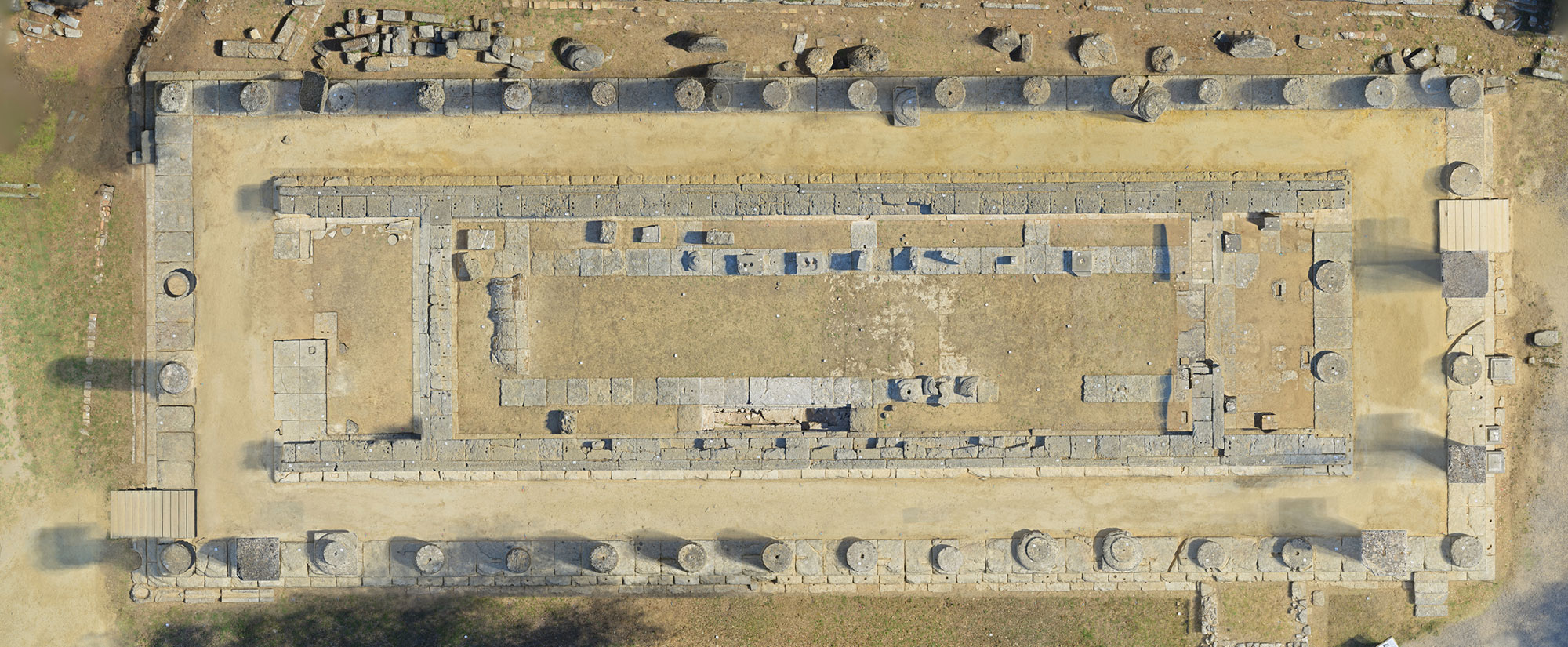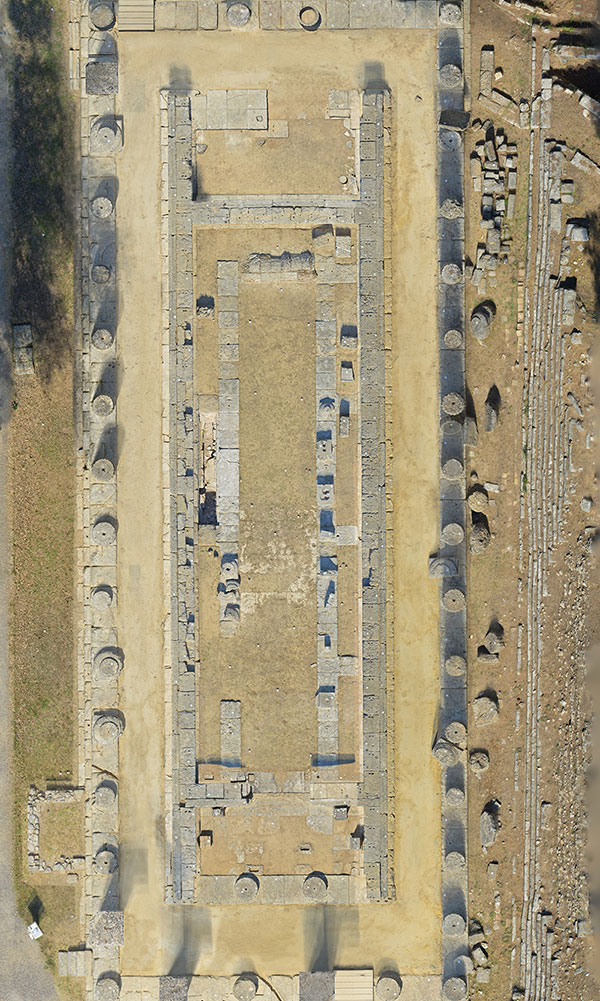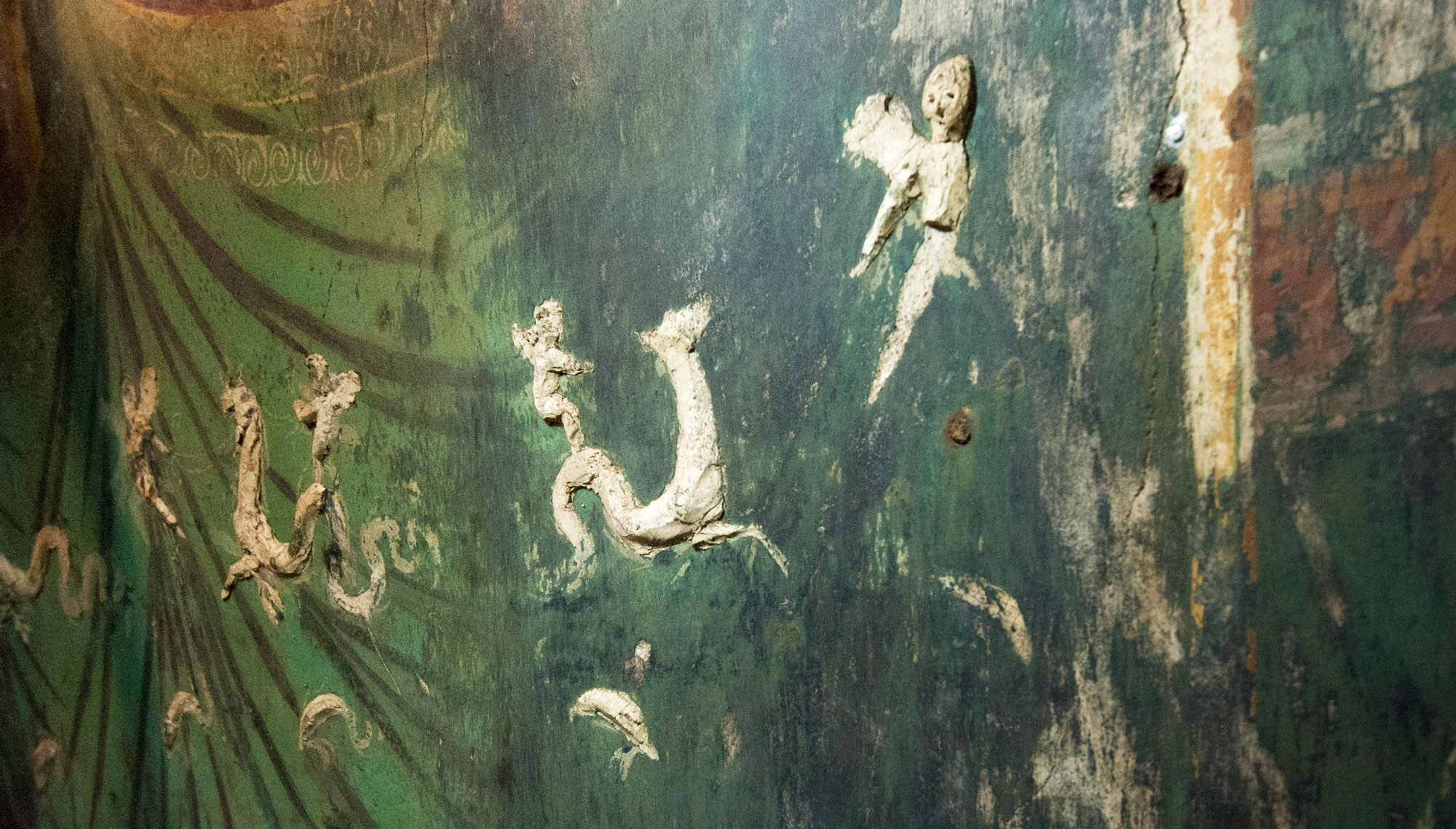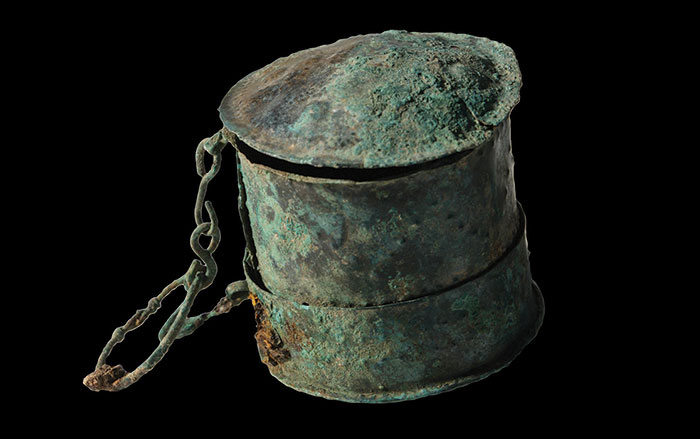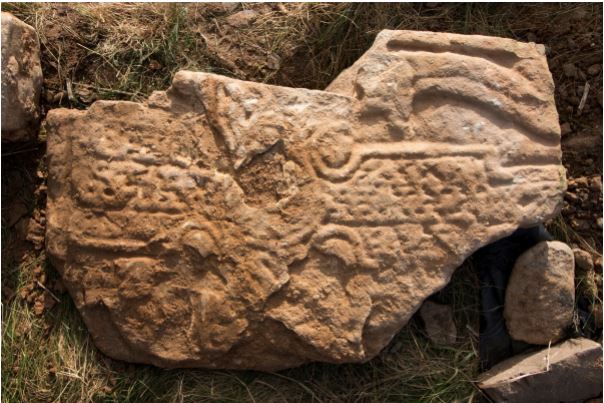
ORKNEY, SCOTLAND—The Scotsman reports that a carved stone has been recovered from an eroding cliff face by Nick Card and a team from the Orkney Research Center for Archaeology (ORCA) at the University of the Highlands and Islands, and Historic Environment Scotland. The stone, located on the East Mainland coast, was uncovered by powerful wind and waves and spotted by archaeologist Hugo Anderson-Whymark, who investigated the area after a storm. Closer examination of the stone revealed it to be a weathered Pictish cross slab carved with a dragon or similar beast that probably dates to the eighth century, when the people of Orkney were beginning to convert to Christianity. The reverse side of the stone bears a carving of a beast grasping what may be a staff in its open beak. Only two similar carved stones have ever been found in Orkney. The team is seeking additional funding to investigate the rest of the site. To read in-depth about archaeology on the Orkney Islands, go to “Neolithic Europe's Remote Heart.”


